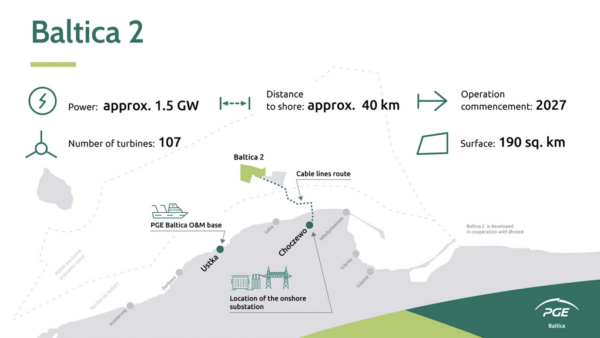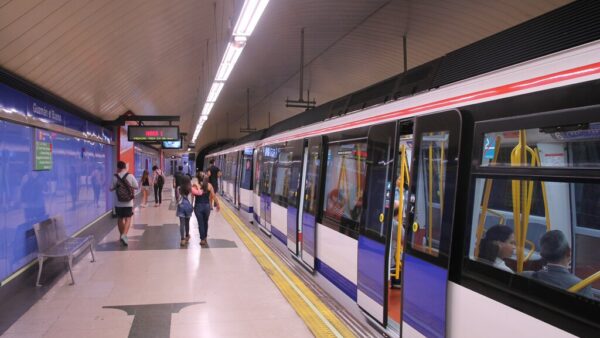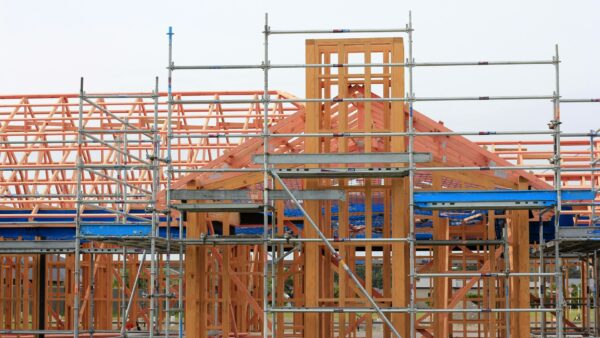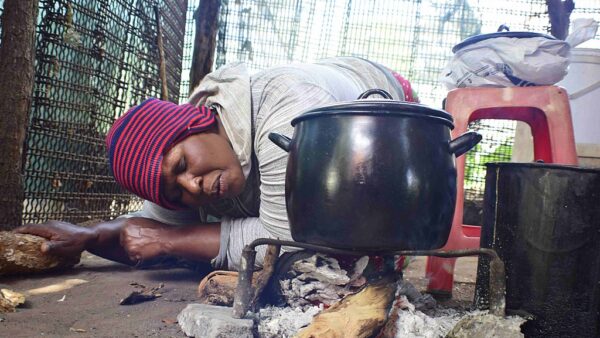Ethiopia is once again renegotiating billions of dollars in loans from China that were obtained to fund an historic railway to the port at Djibouti as the landlocked, fast-developing country tries to manage its large debt.
The new talks follow an agreement reached in September last year in which China gave Ethiopia 20 extra years to repay around $2.9bn borrowed to pay Chinese contractors to build the transformative rail link.Â
That agreement tripled the original repayment schedule of 10 years to 30, but it seems Ethiopia needs more debt relief.
“We are negotiating with China as to how to manage the debt, to make it sustainable and try to reduce some distress that comes from debt … and there is substantial progress,” Ethiopia’s ambassador to China, Teshome Toga Chanaka, told newspaper The South China Morning Post in an interview published 24 March.
He added that the two sides were moving closer to finalising a new deal.
Chanaka however denied that China’s Belt and Road Initiative was a debt trap for developing countries like his, saying the infrastructure investment “makes a lot of sense” for Ethiopia.
“This is a very big country with huge potential for both passengers and cargo freight,” he told the newspaper. “And eventually as our productivity increases and our export expands, definitely the cargo freight would be fully utilised. There’s no question about that.”
Opened in January 2017, the electrified, 750km railway from Addis Ababa to the neighbouring port city-state of Djibouti cut the journey time to the sea from three days to 12 hours, boosting export prospects for Ethiopia’s rapidly industrialising economy.
Image: Train crosses the Holhol bridge, Djibouti, part of the new railway to Addis Ababa, Ethiopia (Skilla1st/CC BY-SA 4.0)
See also:










